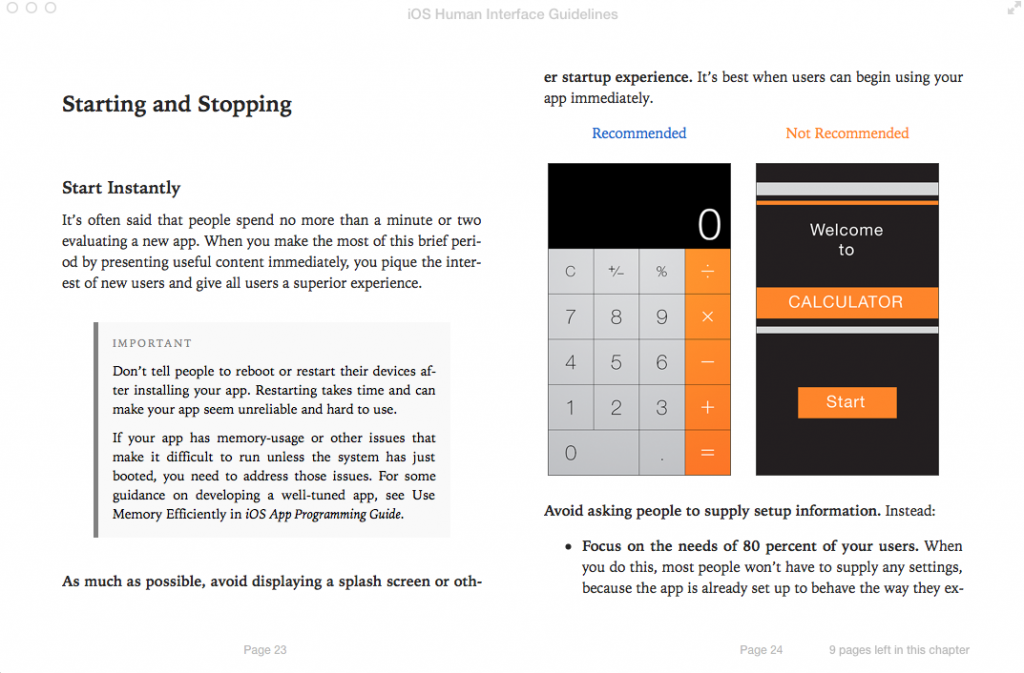Rig it so that you have to learn it. Arrange it so that you need to learn it. Right now, for instance, it would be handy if I learnt how to code apps in Swift but I don’t have to. Not for weeks. And in a few weeks or a couple of months when the need comes, I will be kicking myself that I didn’t spend some time on it now – but I will be wrong.
Truth be told, I’ve watched a video, I’ve got Apple’s documentation and I’ve skimmed that. I’ve not exactly ignored Swift but still, I don’t know it. But I guarantee that when this project moves on, I will have three to five days in which to do the job and I will do it.
Simply because I need to.
Now, this isn’t the usual writer thing of only being able to work when there is a big, scary deadline. lt’s a genuine way to learn something new: the need to use something in order to achieve a goal is the way that you fix it in your head.
Have a deadline, yes, but also have a very specific itch you need to scratch. When you’re just studying something in general, everything has equal weight and nothing is more important or urgent than anything else. When you specifically need to achieve a particular thing, you are shovelling everything else out of the way. Yes, yes, how do I do this? Fine, fine, what do I need to do right now?
You can see that this determination would get you the answers you need. You would then also think that this would make you an expert in exactly one job, one type of task. That you’d be no further forward in anything else to do with the subject.
But that’s wrong.
Focusing on the particular teaches you the general too.
You’re nodding, you’re willing to believe this, you know it sounds plausible, but you’d like a bit of an example. Okay. Here it is: Scrivener.
I bought Scrivener for my wife Angela Gallagher maybe 18 months ago. I’d played with the trial version, I could see that it would do a thing she needed, and I’d heard all the constant praise this word processor has got. It is so praised and so persuasively praised by people I rate that a few months ago, I bought my own copy.
And proceeded to not use it.
Until last Friday when I had an idea for a non-fiction project that involves writing quite a bit of new material but also compiling a lot of existing stuff. A lot. I mean, this is the book that will collect the best of The Blank Screen’s first 1,000 articles.
I needed a way to grab all the text that I might possibly want to use, then I had to find a way to compile it, re-order it, edit it, join bits together, split some stuff apart. I could’ve done it in Word or Pages but I’d have to hold the whole project in my head and focus on one or two pages at a time. In Scrivener, I could make each article a separate short section and choose to focus on a page or look at the whole picture.
Full disclosure: I worked out the sequence in OmniOutliner. But I did so after adding all the text to Scrivener and naming each bit.
The book works out at 70,000 words and is a big project with a very specific aim and I had a really clear goal. Which means I have just spent a week hammering the bejaysis out of Scrivener. Previously I have recognised its advantages and what type of projects it would be good for, I have liked what I’ve seen and I have very much liked the company name of its maker: Literature and Latte. But now I feel I know Scrivener well and.
Everybody who uses Scrivener tends to have two very strong opinions about it: they love it and they wish to hell that there was an iPad version.
I love it and I wish to hell that there was an iPad version.
Scrivener is available for Windows and Mac and costs £31.99 UK or $44.99 US. You can get it on the Mac App Store and both the Mac and Windows versions are on the official Literature and Latte site where you can also get a very generous trial period.
